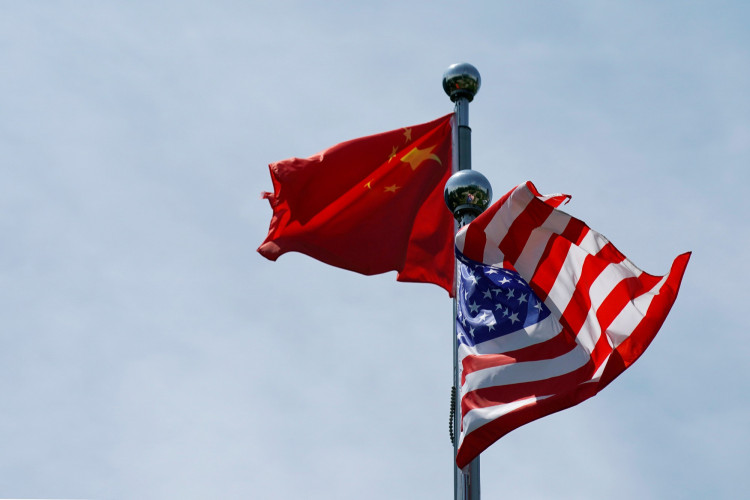According to business executives and analysts, the U.S. embargo on the export of Nvidia and AMD's high-end artificial intelligence chips to China could open up new business prospects for domestic firms vying for a slice of China's rapidly expanding data center semiconductor market.
The restriction is a component of a larger U.S. government campaign to limit U.S. support for high-performance computing and artificial intelligence in China. Seven Chinese supercomputing companies were placed on an economic blacklist by U.S. authorities last year, and this week they prohibited the export of Nvidia and AMD chips to China "to keep advanced technologies out of the wrong hands."
The performance of one of the high-end chips that the U.S. government has banned has been surpassed by the latest chip from the unknown Chinese startup Shanghai Biren Intelligent Technology Co, according to new data published on Thursday by an independent organization that measures the speed of artificial intelligence.
The achievement is seen as a chance for domestic Chinese semiconductor companies to serve Chinese clients who are unable to acquire U.S. chips, according to experts.
According to David Kanter, founder of MLCommons, the organization that disseminates the data, "the benchmarks are broadly representative of image processing and natural language processing, which are two fairly significant AI workloads. " He continued, "It is quite remarkable."
The encouraging performance rankings come as a result of years of funding and research by Chinese entrepreneurs and venture firms, including some U.S. investors, to develop domestic alternatives to Nvidia Corp. and Advanced Micro Devices Inc. chips.
The U.S.'s intentions to slow down China's development of computer tools required for military applications like building nuclear weapons could be upended by the advent of AI chip firms in China. These tasks frequently involve conducting highly accurate computer simulations, which the Nvidia and AMD chips are excellent at.
Biren, a startup created by former employees of Nvidia and Chinese internet giant Alibaba, has stated in the past that it will concentrate on selling its BR100 chip to businesses using private data centers and the cloud. The business claims it has no intention of selling to the military.
A renowned computer science professor named Jack Dongarra who contributes to the Top500 list of the fastest supercomputers claims to have witnessed this situation before. He said that the U.S. placed an embargo on Intel chips traveling to particular locations in China where high-speed computers are or were being developed. China created its own chips for its supercomputers as a result.
Biren may be in for a "success story, having demonstrated this capability and now having this business opportunity fall on them," according to CCS Insight chip analyst Wayne Lam. Chinese computing organizations, he predicted, "have to re-tinker their systems and figure out how to build for something that they can get."





